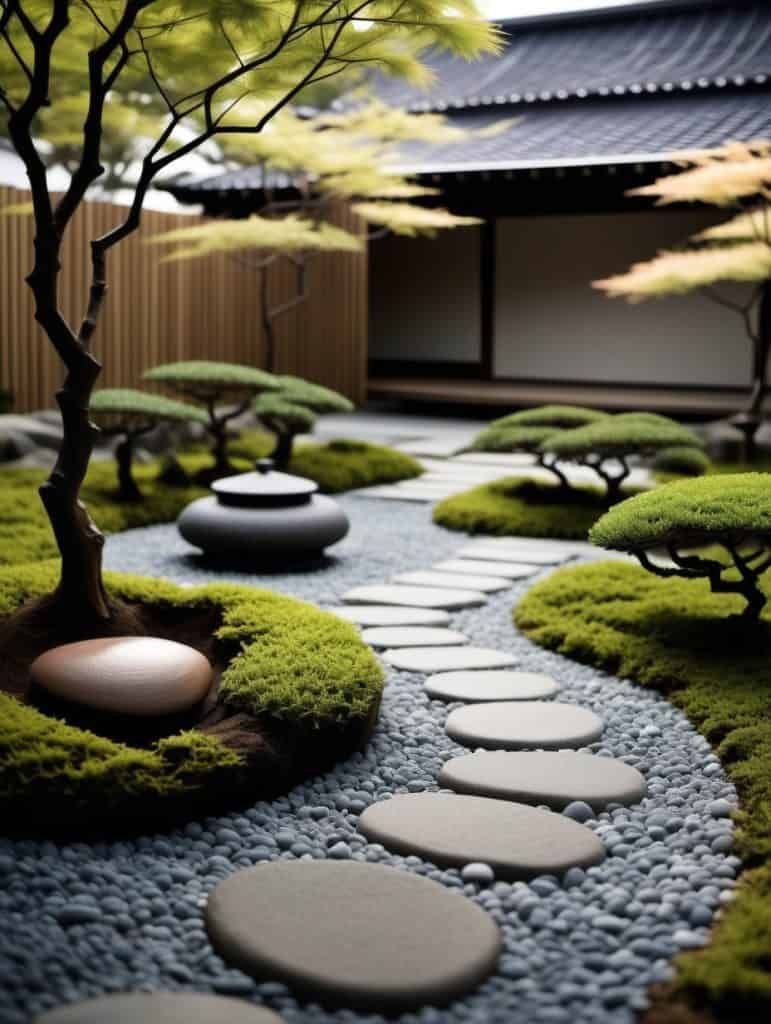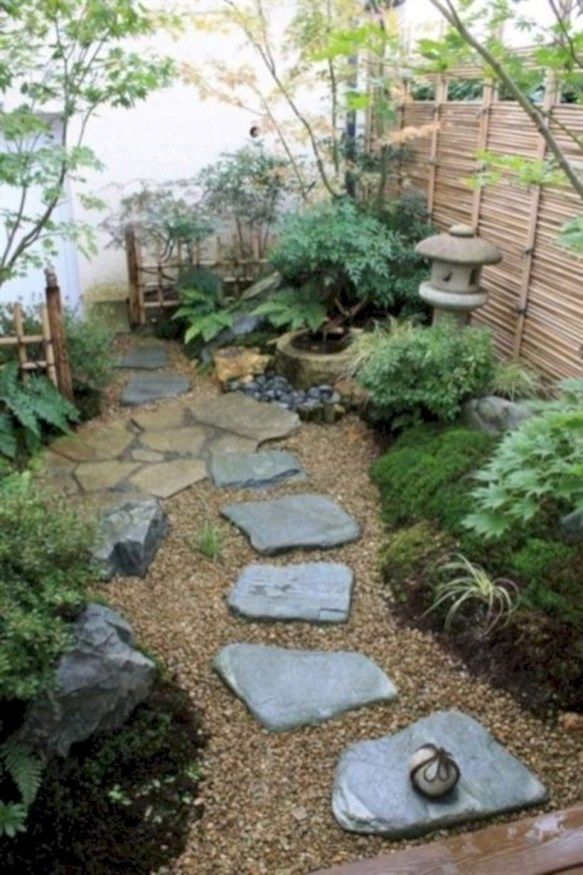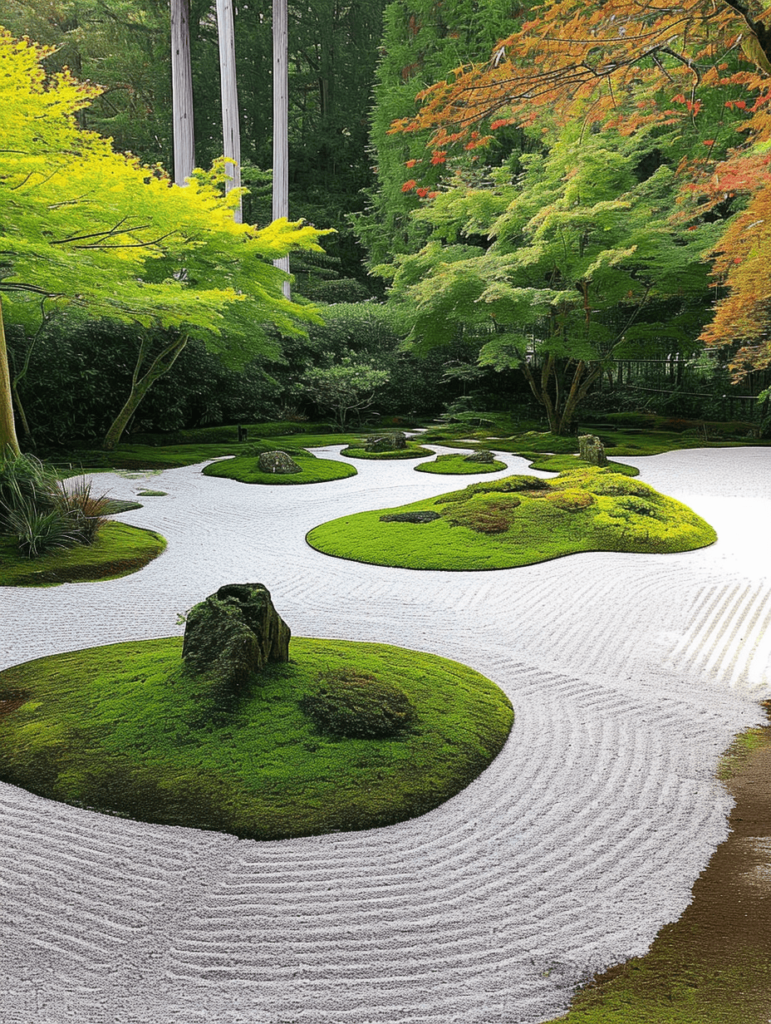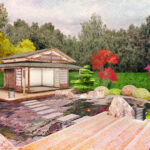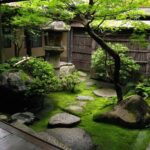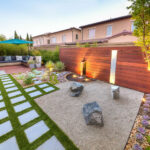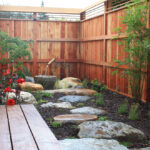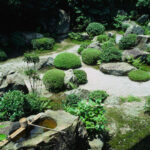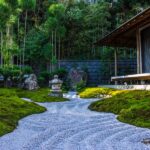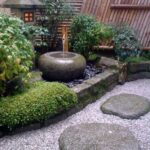Zen garden design is a centuries-old Japanese tradition that aims to create a peaceful and meditative space for contemplation and relaxation. The design of a zen garden often includes carefully selected elements such as rocks, gravel, plants, and water features. These elements are arranged in a way that encourages mindfulness and tranquility.
One of the key features of a zen garden is the use of rocks as a focal point. The placement of rocks in a zen garden is carefully considered to create a sense of balance and harmony. Large rocks may represent mountains, while smaller rocks can symbolize islands or other natural formations. The arrangement of rocks in a zen garden is often asymmetrical, creating a sense of flow and movement.
Another important element in zen garden design is the use of gravel or sand to represent water. Raked gravel or sand is a common feature in zen gardens, symbolizing ripples on a pond or waves in the ocean. The act of raking the gravel or sand is considered a meditative practice, helping to clear the mind and focus on the present moment.
Plants are also a key component of zen garden design. Traditional zen gardens often feature carefully pruned trees and shrubs, as well as moss and other ground covers. Plants are chosen for their ability to create a sense of calm and tranquility, with an emphasis on simplicity and natural beauty. The use of greenery in a zen garden helps to soften the hard lines of rocks and gravel, creating a harmonious balance between the natural elements.
Water features, such as ponds or streams, are also common in zen garden design. The sound of running water is believed to have a calming effect on the mind, helping to create a sense of serenity and peace. Water features in zen gardens are often surrounded by rocks and plants, creating a tranquil and soothing environment for meditation and reflection.
Overall, the design of a zen garden is centered around creating a space that promotes mindfulness and relaxation. By carefully selecting and arranging elements such as rocks, gravel, plants, and water features, a zen garden can become a place of sanctuary and tranquility in a busy and chaotic world. Whether used for meditation, reflection, or simply to enjoy the beauty of nature, a well-designed zen garden can provide a sense of calm and balance to those who visit it.
 yishifashion Where Outdoor Dreams Become Reality
yishifashion Where Outdoor Dreams Become Reality
